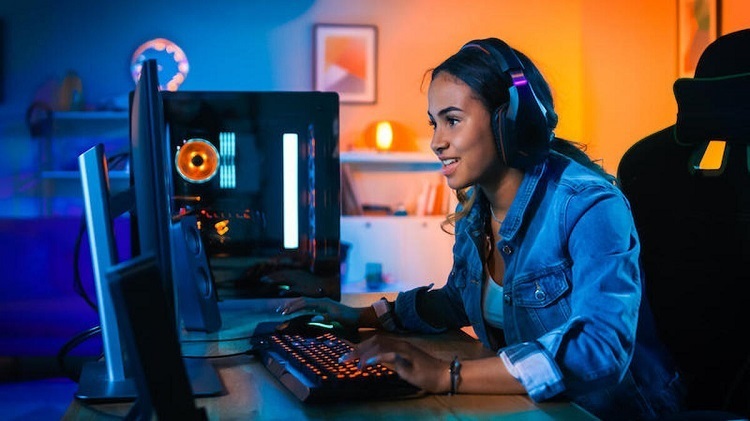Gaming PCs are quite a big investment, even the ones with low to mid-end specs. This is one of the main reasons why replacing a PC is something you think twice, or even thrice about, especially if you don’t have a lot of disposable income.
So, how do you know if you have good enough reasons to replace your current gaming PC? Here are the signs to look out for:
You can’t update your operating system
Operating system updates are done to fix bugs, add new functionalities, patch security holes, and generally make the user experience better. However, there is one caveat: each update likely results in an increase in minimum hardware specifications to continue running the OS on your device. As a result, your PC will become slower due to the decreased disk space.
But say you stick it out and don’t replace your PC even with its decreased speed. That’s well and good as long as you don’t mind the lag. However, there will come a time that you wouldn’t be able to update your operating system anymore, and this is when you should start looking for the best prebuilt gaming computer to replace your current one.
You can’t play the latest games
A standard gaming PC should be able to play mid to high-spec games smoothly. If you’re trying to play a game with high machine requirements, you may still be able to play it by tweaking the settings. However, if your gaming PC can no longer keep up with the latest games that you want to play, it’s high time to replace certain parts of your system (video card, processor, etc.) or get a new computer entirely. But if you want to be able to play new high-spec games in the future, it might be better to go with the former option.
Your computer constantly overheats
Frequent overheating is a sign that your gaming PC is about to reach the end of its lifespan. Of course, there are obvious reasons as to why your PC is overheating (blocked cooling fans, running heavy programs, using multiple programs at once, etc.), but if your PC is always getting hot for no reason, you may be dealing with internal damage.
An overheating PC is not a sign that you should get a new one right away. First, check the inside of your computer and see if cleaning out the dust fixes the problem. If your computer still overheats, it will eventually damage the internal parts, if they aren’t damaged already, and make buying a new PC a necessity.
You can’t use accessories
Auxillary accessories such as headsets, microphones, VR systems, and gaming keyboards enhance the gaming experience. But if your PC is too outdated to connect to these accessories, you might have to resort to workarounds that will result in slower speeds, lower resolutions, and poor quality. Why would you waste money on accessories if you can’t use them properly, though? If your PC can’t connect to new accessories, it’s time to get a new system.
You’re constantly doing repairs
The system keeps crashing, apps refuse to run smoothly, the Internet keeps disconnecting. Nothing is more annoying than wanting to play on your computer and end up having to do repairs instead. So if you’re doing repairs more frequently than you’d like, it’s a good sign that you need a new gaming PC. After all, constant issues mean that your PC is about to give out sooner or later.
Upgrades are not worth it
Installing upgrades to your PC can eliminate its problems for the meantime, such as low memory or lag. But if buying upgrades will be more expensive than just getting a whole new system, it’s pretty obvious that you should go with the latter.
All of these issues are clear indicators that you should get a new PC. After all, a gaming PC, even the high-end ones, can only last for so long with the rapid development of technology.




